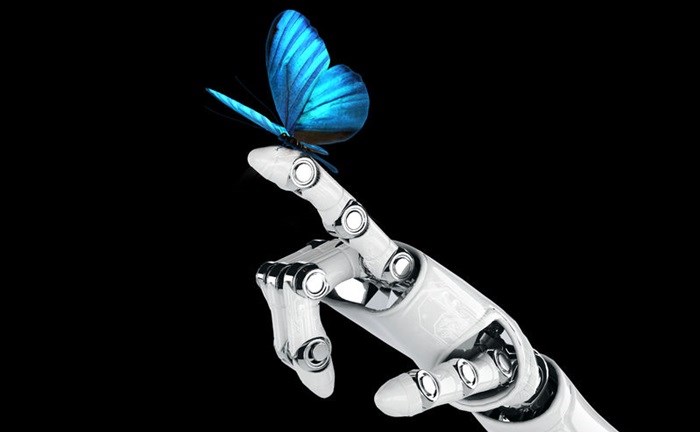Top five technologies to watch: 2017 to 2021

Brian Hopkins, VP and principal analyst at Forrester, believes five of them will significantly shift how organisations and consumers engage, and ultimately change the world by 2021.
1. Internet of Things (IoT) software and solutions
By 2021, IoT will drive new levels of customer insight and engagement for some. Specialised IoT software will be readily available from vendors, and they will expand their core software to incorporate IoT. The company also says by 2021, the technology for specific use cases will be mature, but technology diversity and the need for organisational changes will still stymie or delay many firms.
2. Intelligent agents
As outlined in a previous report on the future of the workplace, it's predicted that by 2021, intelligent agents and related robots will have eliminated a net 6% of jobs. AI within intelligent agents will evolve significantly beyond today’s relatively simple machine learning and natural language processing (NLP).
3. Augmented and virtual reality
By 2021 AR will be commonplace, while VR will remains niche. Within five years, AR technologies will project digital information on many surfaces. Headsets will be incrementally smaller but unwieldy enough to limit widespread consumer uptake. By 2021, however, Forrester says we will be fully into a transition period between separated and tightly blended physical and digital experiences in our work and lives.
4. Artificial intelligence and cognitive technology
By 2021, the company believes a disruptive tidal wave will begin and that solutions powered by AI/cognitive technology will displace jobs. Citing a Citibank and University of Oxford report, Forrester says the biggest impact will be felt in transportation, logistics, customer service, and consumer services.
5. Hybrid wireless
The fifth key technology disruptor will by hybrid wireless. The report states that 5G will be rolling out by 2021, creating a high bandwidth cellular backbone to support IoT devices. In addition, Bluetooth and Wi-Fi will expand their capabilities to support IoT devices.
Speaking about the findings of the report and the possible effects of these technologies on various sectors, Hopkins says he does not see significant disruption in the immediate future.
“We don't think we are going to see dramatic disruption in 2017. Our report found that the next round of disruptive tech won't really start to have a disruptive impact until 2019. So we are in a holding period while change brews.”
“Some disruption will continue in financial services but this has been a long slow process due to the strong grip large banks have on the core banking system. However mobile and intelligent agent assisted apps will continue to tear away add-on services that banks have been using for years to bolster their profitability. Transportation is another industry that is undergoing change. First car sharing, then Uber, next is self driving cars. But change will be gradual in 2017. We will see more self driving cars but this still won't affect automotive and insurance quite yet. But that is coming.”
Looking at the effects of the emerging technologies identified in the report, the company says they are “poised to unleash another cycle of raised consumer expectations, changing behaviours, and disruption". The stakes for CIOs are high, where a wrong investment could result in a company going out of business, but a savvy investment could give an organisation a significant competitive advantage.
Source: “The Top Emerging Technologies to Watch: 2017 To 2021”, September 12, 2016. Authors Brian Hopkins, with Srividya Sridharan, Sharyn Leaver, Ted Schadler and Frank E. Gillett.
























